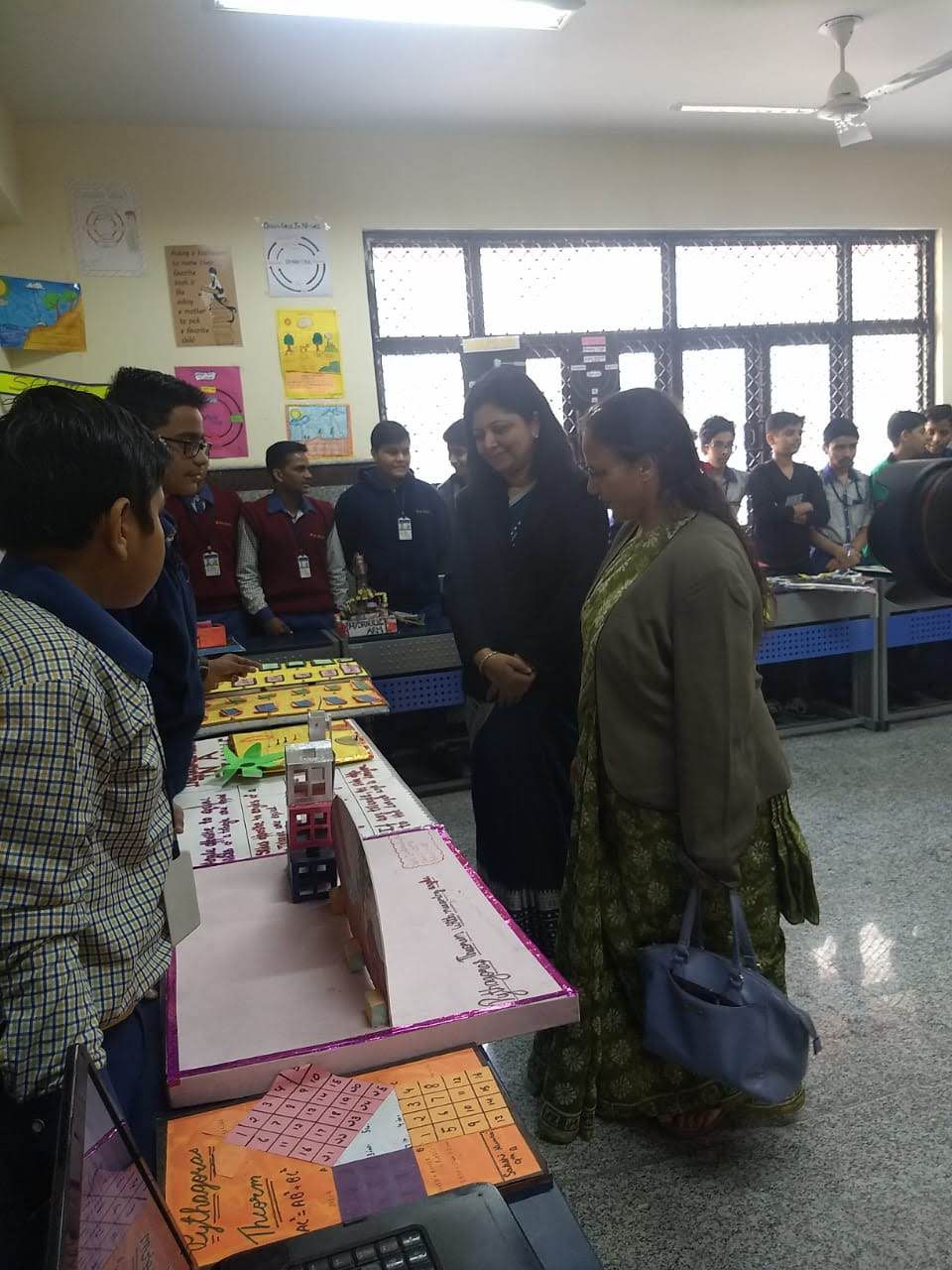
From Compliance to Creativity: The Power of Teacher Agency
Written by Bhavana Singh and Murari Jha
Teacher’s agency is a popular concept in educational literature, with scholars in this domain asserting its imperative nature. According to them, a teacher must possess agency as it is integral to their role; without it, a teacher cannot effectively function. This close association between agency and the identity of a teacher makes it indispensable for their professional duties. However, despite being considered inalienable, the reality is quite different. Through extensive bureaucratic control and management practices worldwide, agencies have been stripped from teachers, forcing them to function merely as professionals following given instructions. The consequence is evident in dull classrooms with a lack of innovation, where children feel stifled. The teacher's work requires constant thinking, creating a delicate balance between thinking and doing. Unfortunately, historical efforts have aimed to deprive teachers of their primary task of thinking.
In this article, we elaborate on the characteristics of a teacher with agency, share some examples of exercising agency, and argue that, for a transformative education system, teachers with agency must be embraced. The quality of any education system depends on its teachers, and a key marker of a quality teacher is their ability to exercise agency.
A teacher with agency is engaged on two fronts simultaneously. They are dedicated to improving the learning experiences of their pupils through innovative pedagogy while also actively engaging with educational literature. Their practice is informed by theories, and they strive to influence these theories, a concept described by Freire as praxis. These teachers not only engage in self-directed inquiry to address academic and administrative issues but also provide guidance to others. They are adept problem-solvers, consistently exploring potential solutions and taking appropriate actions. Their commitment is driven by a vision of a brighter future for their learners. The cultivation of new skills and practices leads to a confident self-image, as individuals aspire to be perceived as self-assured. Teachers with agency not only chart new courses for themselves but also illuminate the path for others.
Their conduct is characterized by ethical and moral integrity, which resonates and is perceptible to others. While they may encounter initial challenges in implementing innovative ideas, it becomes evident that their endeavors are aimed at the improvement of all education stakeholders. Acting with agency, a teacher continually imparts the wealth of knowledge accumulated over the years and engages in ongoing professional development.

Teachers operate in the best interests of their learner community, nation, and country, holding themselves accountable and undertaking rhetorical actions. The skills, practices, or actions of such teachers resonate, leading to a transformation in the atmosphere and discourse of the staffroom. This, in turn, serves as an inspiration for other teachers to embark on the journey of practicing agencies. While this transformation is gradual and protracted, it ultimately contributes to the long-term improvement of educational institutions. Not only does the teacher develop self-assurance, but learners, parents, colleagues, and principals also begin to place their trust in such learned teachers.
Under the premise of the teachers with agency, the resolution of academic challenges and issues within the education system becomes feasible. When the teacher assumes the role of an agency, they evaluate the learning requirements of their learners, ascertain their strengths and challenges, and devise educational strategies to facilitate their progress.
Let’s explore it deeply :
As an educational psychologist, Howard Gardner has given theories on multiple intelligences. I have acknowledged the presence of multiple intelligences among my learners. In order to assist them in overcoming their challenges and shortcomings, I read research and devised various innovative methods to engage them in social science education. In addition to traditional teaching approaches, I implemented an array of enjoyable learning experiences for my learners. These included organizing social science exhibitions featuring working models, conducting monitored elections with a complete sequence from campaigning to result declaration, arranging gallery walks on nationalism in India and print culture, creating graphical representations of learner scores, encouraging story writing using social science terminologies, producing movies on the French Revolution and Nazism, hosting 2D chart paper-making competitions on social science topics, and culminating with PowerPoint presentations.
The positive outcome of these initiatives was reflected in the board exam results, where my result secured the 1st position and highest quality index among all Delhi government schools in the 2019–20 academic year. This success has bolstered my confidence as an educator. Taking charge of the teaching-learning process and embracing the role of teacher agency has allowed me to overcome challenges and emerge as a more assured and effective educator. By adopting an active role as an agent of change and taking responsibility for the outcomes, I have been able to address various obstacles and find solutions. Like still water that becomes dirty and stagnant, we must continue to learn new skills and practices in order to transform into pure and revitalizing "holy water." These new skills and practices act as the oxygen that prevents stagnation and decay, ultimately preserving the vitality and efficacy of our educational approach.
NEP 2020 also says that teachers will be given more autonomy in choosing aspects of pedagogy so that they may teach in the manner they find most effective for the learners in their classrooms. The NEP-2020 stresses the empowerment of teachers as critical to the future of the country. I think teachers with agency will be instrumental in true reforms in the education sector. The core of agency is thinking, and when we allow our teachers to think and act, the possibility arises that at times they will differ from the prescribed curriculum, norms, and rituals in the school. As a system, we have to trust in them, and as teachers, we have to take some risks to live what we call agency.
- Log in to post comments
